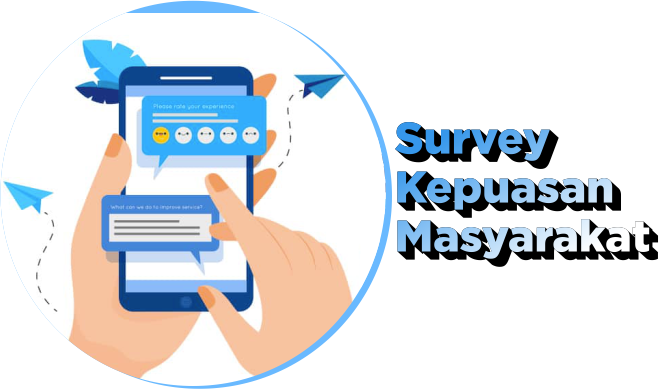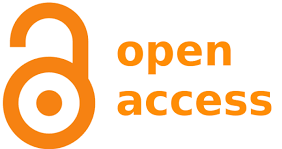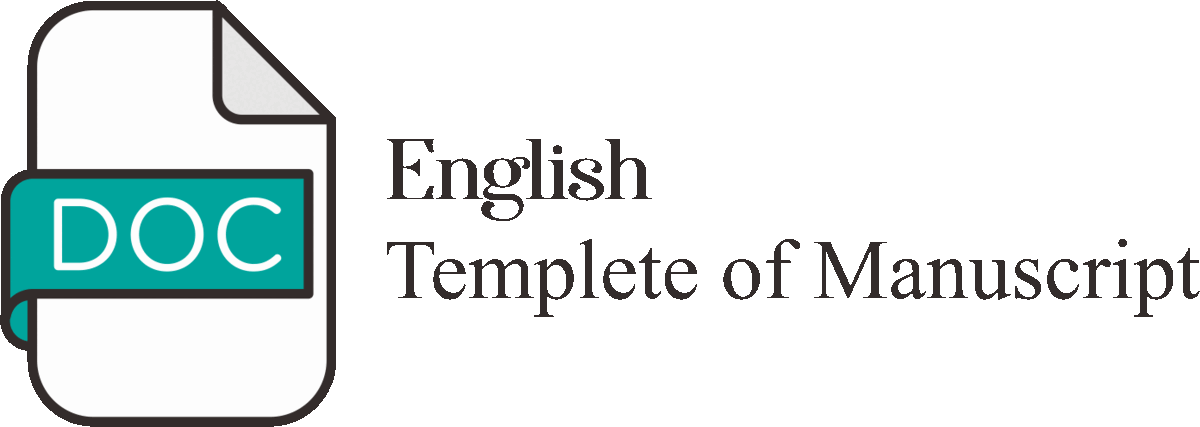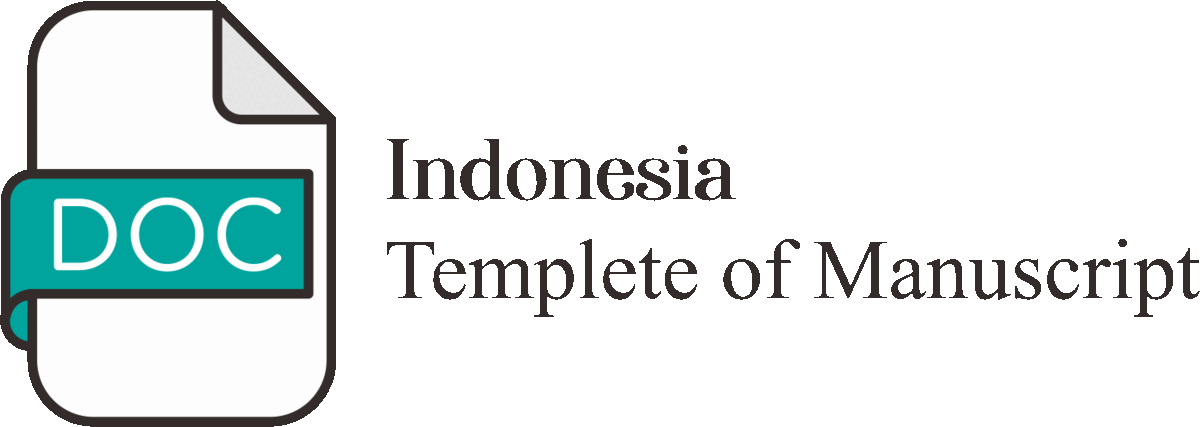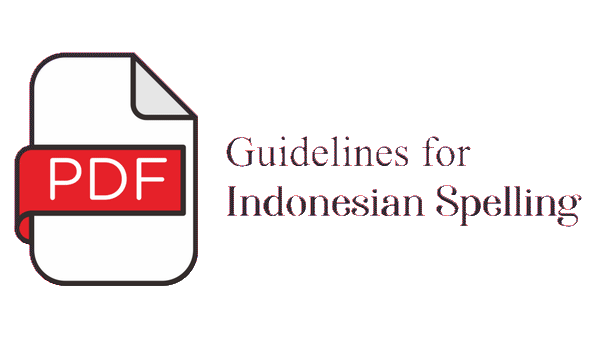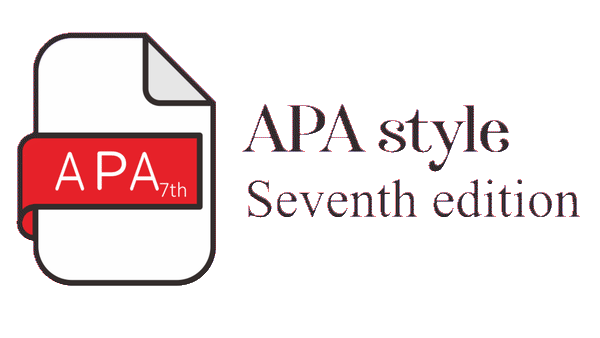Does Having Insurance Beneficial for The Indonesian Fisher’s Welfare?
Abstract
Fishing is one of the occupations with a significant risk of occupational accidents, which is compounded by the advent of health problems resulting from the Covid-19 pandemic. Both of these risks can lower fisher’s earnings and affect their welfare. This research aims to examine how insurance ownership affected the degree of welfare among Indonesian fishers during the Covid-19 Pandemic. The author uses two different datasets from the National Socioeconomic Survey (Susenas) and applies the Propensity Score Matching (PSM) approach to address the research questions. The PSM method, one of the quasi-experiments approaches, ensures a causal relationship between the dependent variable and the independent variable. The fisher’s household expenditures serve as a proxy for its revenue, hence the greater the value, the more prosperous the fisher’s household. According to the study’s findings, owning health and occupational accident insurance can raise household expenses for fishers, which indicates that insurance ownership may have an impact on the degree of the well-being of Indonesian fishers. Furthermore, it was discovered by this study that the advantages enjoyed by a fisher in Western Indonesia and Eastern Indonesia differed significantly. Another finding is that the percentage of fishers in Indonesia who were covered by insurance was still relatively low. On the other hand, the value of the benefits that come with insurance ownership in fisher’s households is relatively high. As a result, the best advice that can be provided to the government of Indonesia is to encourage insurance ownership on the part of the fishers.
Keywords
Full Text:
PDFReferences
Anna, Z., Yusuf, A. A., Alisjahbana, A. S., Ghina, A. A., & Rahma. (2019). Are fishers happier? Evidence from a large-scale subjective well-being survey in a lower-middle-income country. Marine Policy, 106. https://doi.org/10.1016/j.marpol.2019.103559
Bene, C., Devereux, S., & Roelen, keetie. (2015). Social Protection And Sustainable Natural Resource Management: Initial Findings And Good Practices From Small-Scale Fisheries. www.fao.org/publications
BPS. (2020). Statistik Sumber Daya Laut Dan Pesisir.
Caliendo, M., & Kopeinig, S. (2008). Some Practical Guidance For The Implementation Of Propensity Score Matching. Journal of Economic Surveys, 22(1), 31–72.
Cariappa, A. G. A., Mahida, D. P., Lal, P., & Chandel, B. S. (2021). Correlates and impact of crop insurance in India: evidence from a nationally representative survey. Agricultural Finance Review, 81(2), 204–221. https://doi.org/10.1108/AFR-03-2020-0034
Chen, H., Ding, Y., Tang, L., & Wang, L. (2022). Impact of urban-rural medical insurance integration on consumption: Evidence from rural China. Economic Analysis and Policy. https://doi.org/10.1016/j.eap.2022.09.018
Eckert, C., Baker, T., & Cherry, D. (2018). Chronic Health Risks in Commercial Fishermen: A Cross-Sectional Analysis from a Small Rural Fishing Village in Alaska. Journal of Agromedicine, 23(2), 176–185. https://doi.org/10.1080/1059924X.2018.1425172
FAO. (2019). Social Protection In Small-Scale Fisheries And Aquaculture In Latin America And The Caribbean. http://www.wipo.int/amc/en/mediation/rules
FAO. (2020). How is COVID-19 affecting the fisheries and aquaculture food systems.
Grillo-Núñez, J., Mendo, T., Gozzer-Wuest, R., & Mendo, J. (2021). Impacts of COVID-19 on the value chain of the hake small scale fishery in northern Peru. Marine Policy, 134. https://doi.org/10.1016/j.marpol.2021.104808
Guo, S. Y., & Fraser, M. W. (2010). Propensity Score Analysis Statistical Methods and Applications.
Janzen, S. A., Carter, M. R., & Ikegami, M. (2021). Can insurance alter poverty dynamics and reduce the cost of social protection in developing countries? Journal of Risk and Insurance, 88(2), 293–324. https://doi.org/10.1111/jori.12322
Jiang, M., & Faure, M. (2020). Risk-sharing in the context of fishery mutual insurance: Learning from China. Marine Policy, 121. https://doi.org/10.1016/j.marpol.2020.104191
Kovacevic, R. M., & Pflug, G. C. (2011). Does Insurance Help to Escape the Poverty Trap?-A Ruin Theoretic Approach. Journal of Risk and Insurance, 78(4), 1003–1028. https://doi.org/10.1111/j.1539-6975.2010.01396.x
Liao, P., Zhou, X., & Fan, Q. (2020). Does agricultural insurance help farmers escape the poverty trap? Research based on multiple equilibrium models. Geneva Papers on Risk and Insurance: Issues and Practice, 45(1), 203–223. https://doi.org/10.1057/s41288-019-00150-w
Monirul Islam, M., Sallu, S., Hubacek, K., & Paavola, J. (2014). Limits and barriers to adaptation to climate variability and change in Bangladeshi coastal fishing communities. Marine Policy, 43, 208–216. https://doi.org/10.1016/j.marpol.2013.06.007
Morduch, J. (1999). Between the State and the Market: Can Informal Insurance Patch the Safety Net? (Vol. 14; No. 2). http://wbro.oxfordjournals.org/
Okyere, I., Chuku, E. O., Ekumah, B., Angnuureng, D. B., Boakye-Appiah, J. K., Mills, D. J., Babanawo, R., Asare, N. K., Aheto, D. W., & Crawford, B. (2020). Physical distancing and risk of COVID-19 in small-scale fisheries: a remote sensing assessment in coastal Ghana. Scientific Reports, 10(1). https://doi.org/10.1038/s41598-020-79898-4
Ouadika, S. A. B. (2020). Health shocks and vulnerability to poverty in Congo. Humanities and Social Sciences Communications, 7(1). https://doi.org/10.1057/s41599-020-00674-w
Pan, W., & Bai, H. (2015). Propensity Score Analysis Fundamental and Developments.
Parappurathu, S., Ramachandran, C., Gopalakrishnan, A., Kumar, D., Poddar, M. K., Choudhury, M., Geetha, R., Koya, K. M., Kumar, R. N., Salini, K. P., & Sunil, P. V. (2017). What ails fisheries insurance in India? An assessment of issues, challenges and future potential. Marine Policy, 86, 144–155. https://doi.org/10.1016/j.marpol.2017.09.023
Pranata, N. (2019). Financial Inclusion in Indonesia’s Fishery Sector: Factors Determining Credit Participation. Institutions and Economies, 11(4), 51–77.
Rangeley, R. W., & Davies, R. W. D. (2012). Raising the “Sunken Billions”: Financing the transition to sustainable fisheries. Marine Policy, 36(5), 1044–1046.
https://doi.org/10.1016/j.marpol.2012.02.020
Rashid Sumaila, U., Lam, V., Manach, F. LE, Swartz, W., & Pauly, D. (2013). GLOBAL FISHERIES SUBSIDIES.
Rinaldi, M., & Harahap, A. (2019). Factors Affecting Fishers’ Income In Sibolga City. Advances in Social Sciences Research Journal, 6(7). https://doi.org/10.14738/assrj.67.6770
Schaap, R. J. (2021). The prevalence of prudence in a risky occupation. Economics Letters, 207. https://doi.org/10.1016/j.econlet.2021.110019
Shaffril, H. A. M., Abu Samah, A., & D’Silva, J. L. (2017). Climate change: Social adaptation strategies for fishermen. Marine Policy, 81, 256–261. https://doi.org/10.1016/j.marpol.2017.03.031
Suharno, Arifin, A., & Yunanto, A. (2022). Do Fishers Need Enough Insurance to Guarantee Their Business Continuity? Evidence from Vulnerable Small-Scale Fishers. Journal of Environmental Management and Tourism, 13(1), 107–114. https://doi.org/10.14505/jemt.v13.1(57).09
Thi Thanh Pham, T., Flaaten, O., Trong Nguyen, L., Ke Vu, N., & Thi Thanh, P. (2021). Subsidies-help or hurt? A study from Vietnamese fisheries. Marine Resource Economics, 36(4), 369–387. https://doi.org/https://doi.org/10.1086/715358
Thomas, A., & Leichenko, R. (2011). Adaptation through insurance: Lessons from the NFIP. International Journal of Climate Change Strategies and Management, 3(3), 250–263. https://doi.org/10.1108/17568691111153401
Visser, M., Jumare, H., & Brick, K. (2020). Risk preferences and poverty traps in the uptake of credit and insurance amongst small-scale farmers in South Africa. Journal of Economic Behavior and Organization, 180, 826–836. https://doi.org/10.1016/j.jebo.2019.05.007
Ye, X., & Liu, C. (2014). An analysis of the impacts of policy subsidies on fishermen’s participation in mutual insurance: Based on data of Zhejiang Province. Proceedings - 2013 6th International Conference on Business Intelligence and Financial Engineering, BIFE 2013, 319–323. https://doi.org/10.1109/BIFE.2013.68
Zekri, S., Mbaga, D., & Boughanmi, H. (2008). Fishermen Willingness to Participate in an Insurance Program in. Marine Resource Economics, 23(3), 379–391. https://www.jstor.org/sTable/42629624?seq=1&cid=pdf-reference#references_tab_contents
Zheng, H., Li, J., & Zhao, X. (2021). How does financial policy support the development of China’s fishery? Characteristics, experience and prospects. Marine Policy, 132. https://doi.org/10.1016/j.marpol.2021.104678
Zheng, H., Zhang, L., Wang, S., Xu, J., & Zhao, X. (2021). The affecting channels and performances of financial development and poverty reduction: New evidence from China’s fishery industry. Marine Policy, 123. https://doi.org/10.1016/j.marpol.2020.104324
DOI: http://dx.doi.org/10.15578/jsekp.v18i1.12063
Indexed by:
-------------------------------------------------------------------------------------
Published by
Research Center for Marine and Fisheries Socio-Economic
in collaboration with
Indonesian Marine and Fisheries Socio-Economics Research Network

This work is licensed under a Creative Commons Attribution-NonCommercial-ShareAlike 4.0 International License.

